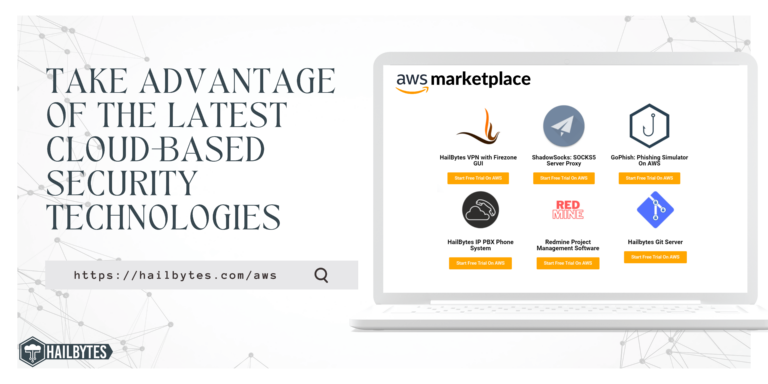What to Consider When Choosing a Third-Party Security Service Provider

Introduction
In today’s complex and ever-evolving cybersecurity landscape, many businesses turn to third-party security service providers to enhance their security posture. These providers offer specialized expertise, advanced technologies, and round-the-clock monitoring to protect businesses from cyber threats. However, choosing the right third-party security service provider is crucial to ensure the effectiveness and reliability of your security measures. Here are key factors to consider when selecting a third-party security service provider:
Expertise and Experience
One of the most critical factors to consider is the provider’s expertise and experience in the field of cybersecurity. Evaluate their track record, including the number of years they have been in business, the industries they have served, and their experience in handling similar security challenges as your business. Look for certifications and qualifications that demonstrate their knowledge and commitment to best practices in the industry.
Range of Services
Assess the range of services offered by the security service provider. Determine if their offerings align with your specific security needs. Some providers may specialize in areas such as network security, vulnerability assessments, incident response, or cloud security, while others offer comprehensive security solutions. Ensure that the provider can address your current and future security requirements effectively.
Advanced Technologies and Tools
Cybersecurity technologies and tools are constantly evolving to combat emerging threats. Inquire about the technologies and tools utilized by the service provider. They should have access to state-of-the-art security solutions, such as advanced threat detection systems, security analytics platforms, and encryption technologies. Verify that the provider stays up to date with the latest security trends and invests in ongoing research and development.
Industry Compliance and Regulations
Consider the provider’s knowledge and compliance with industry regulations and standards relevant to your business. Depending on your industry, you may have specific compliance requirements, such as HIPAA for healthcare or GDPR for data privacy. Ensure that the provider understands these regulations and has experience implementing security measures to meet compliance standards. Request information about any certifications or audits they have undergone to validate their compliance capabilities.
Customization and Scalability
Each business has unique security requirements, so it’s essential to choose a provider that can customize their services to meet your specific needs. Avoid providers that offer a one-size-fits-all approach. The provider should be able to tailor their solutions to your industry, business size, and threat landscape. Additionally, consider their scalability to accommodate your business’s growth and changing security demands.
Incident Response and Support
Cybersecurity incidents can occur at any time, so it’s crucial to understand the provider’s incident response capabilities and support. Inquire about their response time to incidents, the availability of a dedicated response team, and their communication protocols during security breaches. Ask for references or case studies that demonstrate their ability to effectively manage and respond to incidents.
Security Metrics and Reporting
Transparency and accountability are vital when it comes to security services. Seek a provider that offers regular security metrics and reporting. They should be able to provide comprehensive reports on the status of your security environment, ongoing threat activities, and any vulnerabilities identified. These reports should be easy to understand and help you assess the effectiveness of their security measures.
Reputation and References
Research the provider’s reputation in the industry and seek references from their existing clients. Look for testimonials, reviews, or case studies that highlight their strengths, client satisfaction, and successful security implementations. Reach out to other businesses or industry contacts to gather feedback about their experience working with the provider.
Conclusion
Choosing a reliable and capable third-party security service provider is crucial to effectively safeguarding your business from cyber threats. Consider their expertise, range of services, use of advanced technologies, compliance capabilities, customization options, incident response support, security reporting, and reputation. Careful evaluation of these factors will help ensure that you select a provider that aligns with your business objectives and provides the highest level of protection for your valuable assets.









